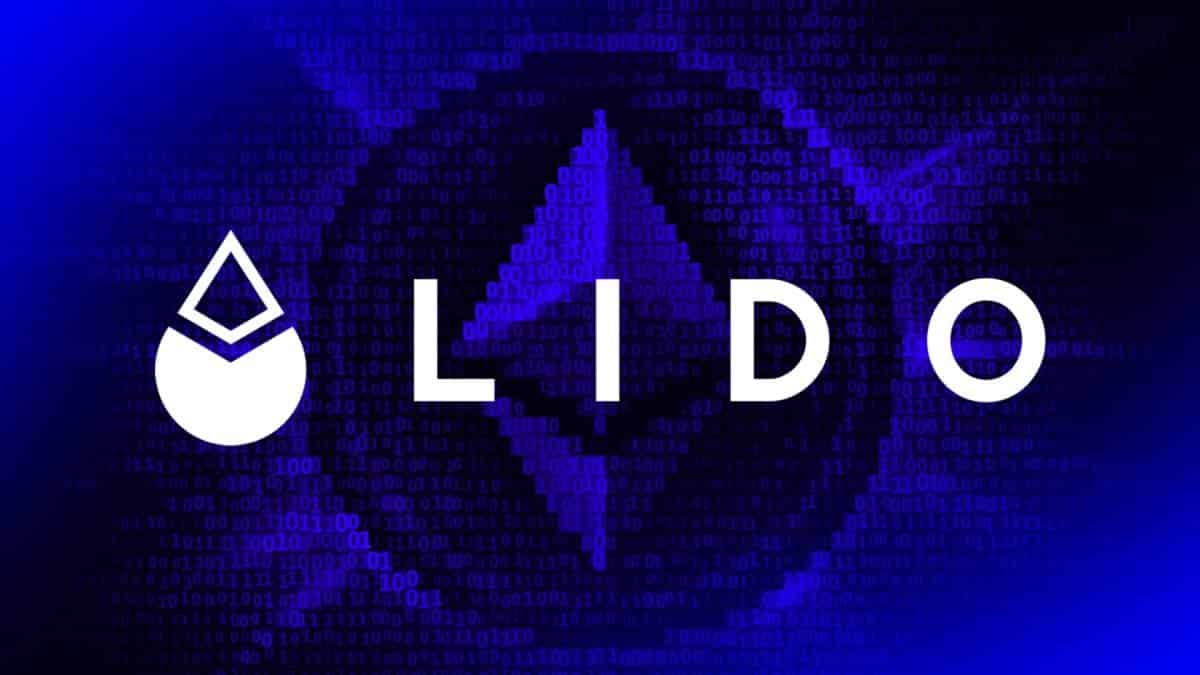Lido unveils V3, introducing customizable 'stVaults' that support advanced Ethereum staking strategies
Quick Take Lido v3 introduces modular smart contracts called stVaults, enabling users to design customized staking strategies. The upgraded protocol could bring institutions with the need for compliance and provide operational controls into the staking ecosystem.

Ethereum staking solution Lido has announced its latest version due to launch this summer, according to a post on Tuesday.
With the coming launch of Lido v3, the protocol will introduce “stVaults,” or modular smart contracts to bring greater flexibility to its liquid staking infrastructure. These vaults are set to enable users to design advanced staking strategies around Lido’s stETH token.
StVaults provide “a flexible foundation for the next phase of staking while upholding the security and decentralization the Lido protocol is known for,” Lido co-creator Konstantin Lomashuk said in a statement.
Lido is an Ethereum-based protocol that launched in 2020 to give stakers the ability to use their staked ETH that would’ve been otherwise locked up to secure the network. Its liquid staking token, stETH mirrors — but isn’t pegged to — the value of staked ETH and accrues staking rewards over time. The protocol charges a 10% fee on staking rewards, split between node operators and the Lido DAO treasury.
The protocol also allows ETH holders to stake without having the 32 ETH (~$85,000) required to stake directly on Ethereum's Beacon Chain.
While the liquid stETH token can be used just about anywhere ETH is, the introduction of native vaults will increase the flexibility of the protocol by enabling personalized staking setups, including adjustable fee structures, validator configurations and risk-reward profiles.
The upgrade is particularly targeted towards institutional stakers, node operators and asset managers. As The Block has previously reported, analysts have predicted a surge in institutional interest in Ethereum staking under a more permissive regulatory environment.
“Personalised setups help meet internal and external compliance needs and provide operational control, including validator customization and fine-tuned deposit and withdrawal processes,” Lido wrote in its statement. “Bespoke staking products let Node Operators attract institutional and high-volume stakers, diversifying revenue streams and directly affecting their TVL.”
The team suggested that this level of customization could increase validator diversity, which in turn would lead to better network security and competition by validators to perform better.
Vaults are also opt-in, meaning that any of the customized DeFi strategies users create have limited security risks for other users. Or as the Lido team writes, “this allows participants to pursue adapted strategies and emerging restaking trends without imposing socialized risks across the ecosystem,” in reference to the emerging practice of reusing staked assets to secure multiple protocols simultaneously.
Lido is the largest Ethereum-based protocol by total value locked, with $25 billion worth of assets staked. Its native LDO token, which has a $1.4 billion market cap, is changing hands around $1.50, which is not the lowest it has ever traded but is about 50% down from a recent high of $3.30 set this time last year, according to The Block’s price page .
Vaults will be rolled out on Lido through three phases, beginning with an “early adopter program” that will lead to eventually testnet and mainnet launches determined by Lido DAO.
Editor's note (Feb. 11, 2024): Clarifies the protocol update is expected this summer.
Disclaimer: The content of this article solely reflects the author's opinion and does not represent the platform in any capacity. This article is not intended to serve as a reference for making investment decisions.
You may also like
Post-election confidence surge reversed in February
Analysts: US CPI has the risk of strengthening
